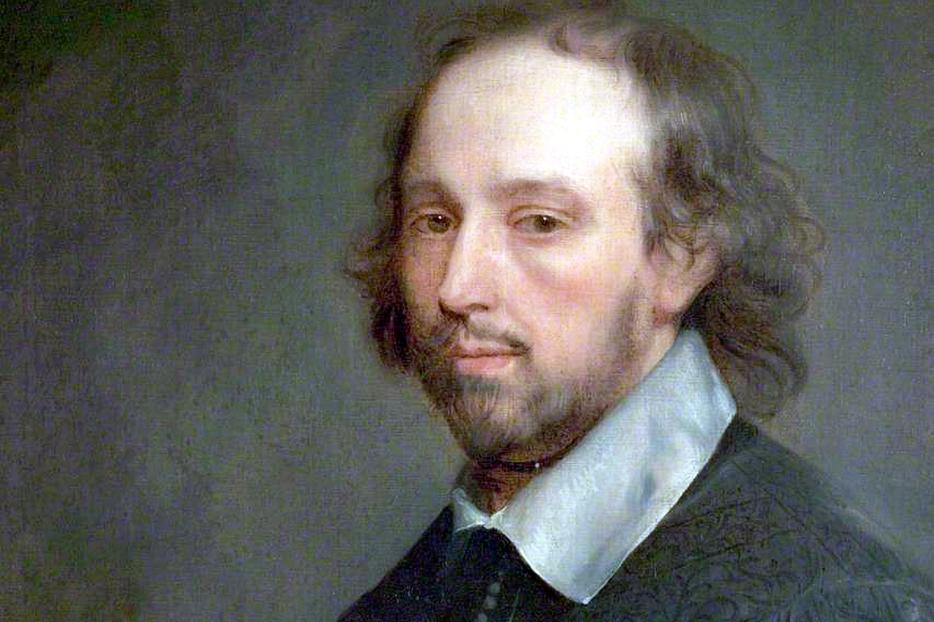I’ve long been fascinated by thee prospect of William Shakespeare’s alleged Catholicism. Joseph Pearce has done a great job with this. I’ve read other books by his about Shakespeare and learned a great deal.
Here, in a piece for The National Catholic Register, he writes, not of the textual evidence for Shakespeare’s Catholicism but the historical evidence. It’s very convincing.
“Shakespeare lived at a time when the practice of Catholicism was illegal. Priests were tortured and put to death, as were those who tried to hide them from the tyrannical government. Henry VIII had declared that he and his successors would be head of a state-controlled Church and that this state-imposed religion was the only one that would be tolerated. Those Catholics who refused to attend the services of the state religion were known as recusants and were fined heavily. Shakespeare’s mother’s family, the Ardens, were among the most famous recusants in the whole of England. As for Shakespeare’s father, he was fined for his recusancy in 1592 and had retired from his career in politics rather than swear allegiance to the state religion.
As for Shakespeare himself, all the evidence suggests that he remained a Catholic throughout his life. In 1568, when he was only 4 years old, Mary Queen of Scots fled to England, raising hopes of an eventual Catholic succession, which were seemingly dashed by her imprisonment on the orders of Queen Elizabeth. In the following year the Northern Rebellion, led by the Duke of Norfolk and the Earl of Northumberland, in support of Mary, was crushed ruthlessly. More than 800 mainly Catholic rebels were executed. Several scholars have suggested that the two parts of Shakespeare’s Henry IV were inspired by the Northern Rebellion.
There has been much scholarly debate about what Shakespeare was doing during the so-called “lost years” prior to his marriage to Anne Hathaway in 1582. According to John Aubrey, one of the earliest sources available, Shakespeare “had been in his younger years a schoolmaster in the country.” There is evidence, in fact, that he might have spent time at Hoghton Tower, a recusant household in Lancashire, in which case he would almost certainly have met the Jesuit martyr, St. Edmund Campion, shortly before Campion’s arrest in June 1581 and subsequent execution.
Having returned to Stratford, and having married and had three children, it seems that Shakespeare was forced to leave Stratford because of an ongoing vendetta against him by Sir Thomas Lucy, the local lord of the manor who, as Queen Elizabeth’s chief Protestant Inquisitor in the area, had led searches of local Catholic homes, including very probably Shakespeare’s own home.
After his arrival in London, Shakespeare enjoyed the patronage of the Earl of Southampton, a known Catholic who seems to have had the Jesuit martyr, St. Robert Southwell, as his confessor. It seems inescapable that Shakespeare would also have known the Jesuit prior to the latter’s arrest in 1592, the year in which Shakespeare’s father was fined for being a Catholic recusant, and there are many allusions to Southwell in Shakespeare’s plays.
Further evidence of Shakespeare’s Catholicism can be gleaned from a court case in which he was accused along with others of threatening violence against two men. The two men were outspoken persecutors of London’s Catholics, boasting of their taking part in raids on Catholic homes and the burning of Catholic books and crucifixes, whereas Shakespeare’s co-defendants included known Catholic recusants. Shakespeare’s friends were, therefore, devout and defiant Catholics while his enemies were known and boastful persecutors of the Church.
In May 1606 Shakespeare’s daughter, Susanna, was on a list of recusants brought before Stratford’s church court. This fact, which was not discovered until as recently as 1964, is hugely significant. It shows that Catholicism had lived on in the family, being passed from one generation to the next, and adds to the body of evidence suggesting that Shakespeare had himself remained a Catholic throughout his life.
The most convincing biographical evidence for Shakespeare’s Catholicism is, however, his purchasing of the Blackfriars Gatehouse in 1613, which seems to have been almost his last act in London before his final return to Stratford. An investigation into the history of this property reveals that it was “a notorious center of Catholic activities.” As its name would indicate, it had originally belonged to the Dominican Order until the dissolution of the monasteries. It was inherited by Mary Blackwell, née Campion, who was related to Edmund Campion, the Jesuit martyr. Mary Bannister, the sister of another Jesuit martyr, Robert Southwell, was a tenant at the Gatehouse for a time, as was Katherine Carus, the widow of a defiantly recusant judge, who died there “in all her pride and popery.”
You can read the entire thing at The National Catholic Register>>>

Leave a Reply